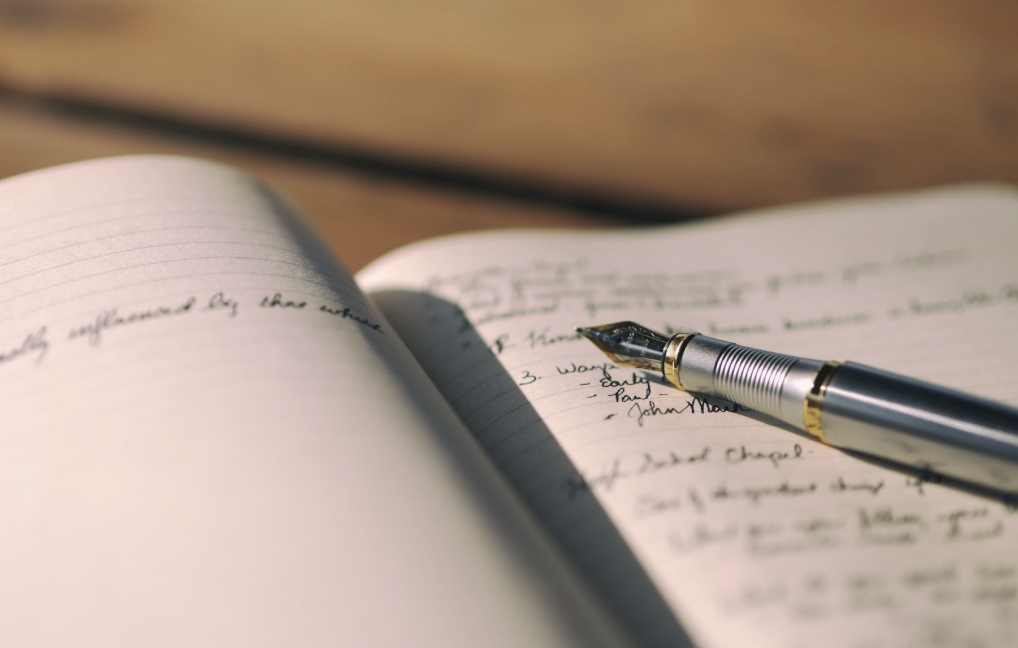One of the easiest and most effective forms of self-care is at your fingertips, all you need is a notebook, pen and patience for reflection. Journaling is a versatile practice of reflection, traced back thousands of years ago. The University of Rochester Medical Center states that journaling is “simply writing down your thoughts and feelings to understand them more clearly.”
The beauty of journaling lies in its ability to take diverse forms, tailored to personal preferences for each individual. For instance, someone with artistic inclinations may find joy in creating a visual scrapbook, whereas an individual tackling mental health challenges may find solace in tracking their mood and mental clarity. Likewise, a bibliophile may start a reading journal to track their literary journey. The possibilities are endless, making journaling a never-ending endeavor with many ways to capture one’s thoughts and experiences. What matters most is finding a journaling style that resonates with you.
A fundamental advantage of journaling is its positive impact on mental health. Long-term, engagement in journaling has been proven to help reduce stress, manage anxiety and cope with depression. Expressing one’s thoughts on paper, rather than internalizing them, can be an exceptionally cathartic experience. According to Sabrina Romanoff, PsyD, a clinical psychologist in New York City, journaling “creates space and distance to consider them [negative thoughts] in a more objective way.” A journal can act as a safe and private haven, providing individuals with the means to process emotions healthily.
The habit of journaling can also be helpful in goal-setting and plan-making. Writing out one’s long-term goals and ambitions can be a beneficial tool in organizing and clearing the mind. It has even been reported that physically writing down one’s goals makes one more motivated to reach them, as reported by the University of St. Augustine for Health Sciences.
Lastly, a journal serves as a memorable time capsule, transporting one back to their past upon rereading. Over the years, these journal entries become a record of one’s previous thoughts, emotions, challenges, victories and reflections. It is a special privilege to revisit these moments through the eyes of one’s younger self. As memories inevitably fade, journaling is a perfect way to preserve the trivial moments throughout one’s life.
Tips for journaling
- Block out time each day. Journaling is a flexible practice that can be done anywhere, anytime. The key is consistency. Even with a busy schedule, blocking out 5 or 10 minutes each day (or every few days) can make a significant difference.
- Do not overthink it. There are no strict rules or complex structures to follow. A journal is a personal space, so do not worry about spelling mistakes, sloppy handwriting, or incoherent sentences. The end goal is to express oneself freely without judgment.
- Just begin. A fancy notebook or fountain pen is not needed to journal. What matters most is that one’s journal represents them. Grab a piece of paper and that random pen buried in the junk drawer and begin writing. Make the leap and start.




























